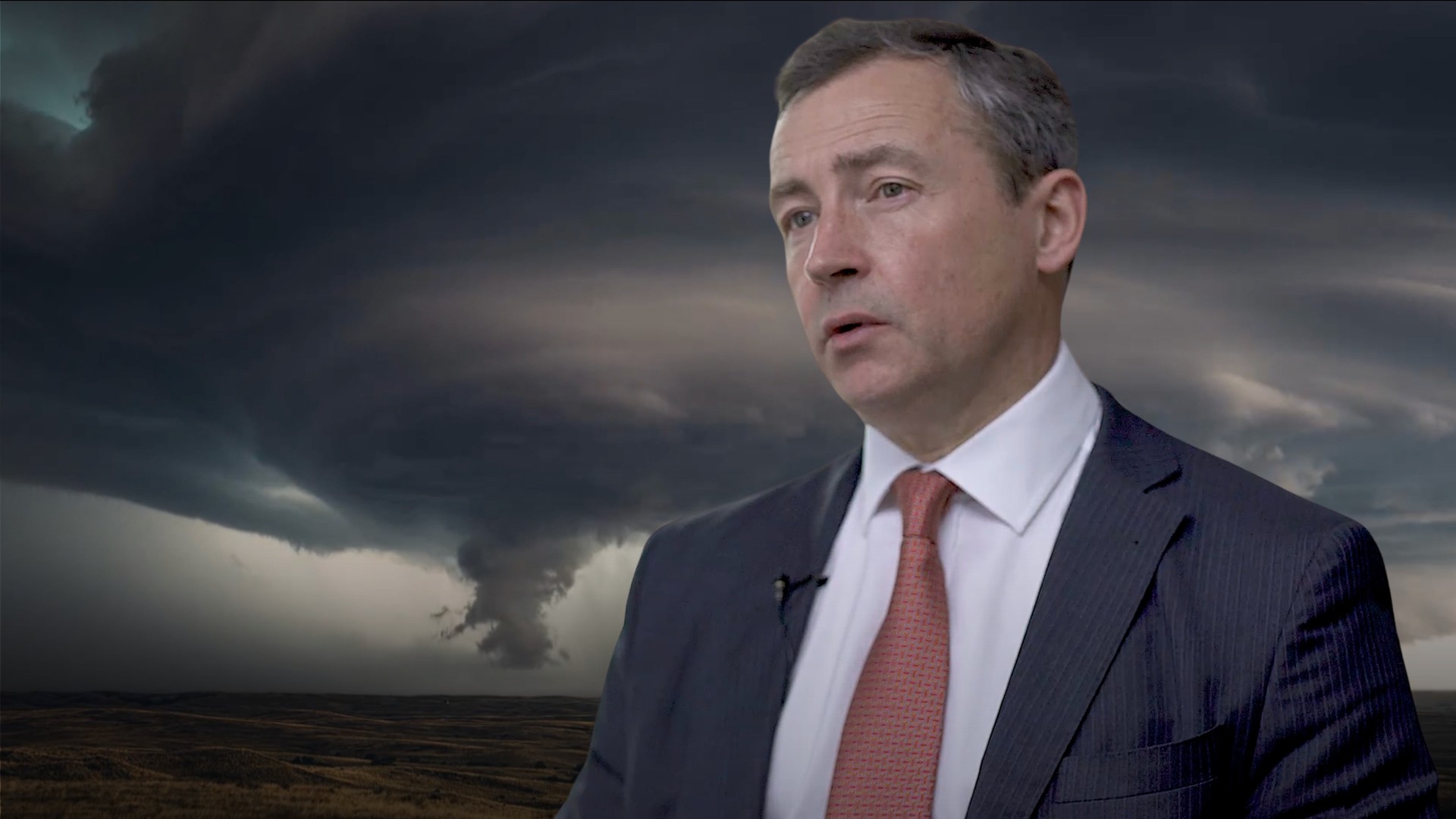
What is Force Majeure?

Tim Skeet
35 years: Debt capital markets
A borrower needs to protect themselves from liabilities that are out of their control, for example natural catastrophes. In this video Tim explains the idea of force majeure, which is a common clause in borrowing documentation, releasing borrowers from liability for natural catastrophes.
A borrower needs to protect themselves from liabilities that are out of their control, for example natural catastrophes. In this video Tim explains the idea of force majeure, which is a common clause in borrowing documentation, releasing borrowers from liability for natural catastrophes.
Subscribe to watch
Access this and all of the content on our platform by signing up for a 7-day free trial.

What is Force Majeure?
1 min 2 secs
The force majeure clause in a borrowing document protects the borrower from being liable for their failure to uphold the contractual obligations as a result of certain unforeseen circumstances.
Key learning objectives:
Define force majeure
Understand that the definition of force majeure differs between documents
Identify some examples of events that could fall under the force majeure definitions
Subscribe to watch
Access this and all of the content on our platform by signing up for a 7-day free trial.
What is force majeure?
Force majeure is a standard clause in borrowing documentation that releases borrowers from liability for natural catastrophes and for events over which it has no control. The clause comes into effect when these events prevent it from carrying out its obligations under its borrowing documentation.
What are some examples of events that trigger the force majeure clause?
Natural disasters - Hurricanes, tornadoes, Tsunamis, floods, earthquakes, avalanches, and volcanic eruptions.
Political events - military coups, nuclear accidents, war, government expropriation or the imposition of capital controls.
Is the force majeure clause the same across documents?
No, there is no catch-all definition and the definition can be pretty elastic and alter by jurisdiction. Invoking force majeure has reportedly had mixed results in tribunals.
Subscribe to watch
Access this and all of the content on our platform by signing up for a 7-day free trial.

Tim Skeet
There are no available videos from "Tim Skeet"






















